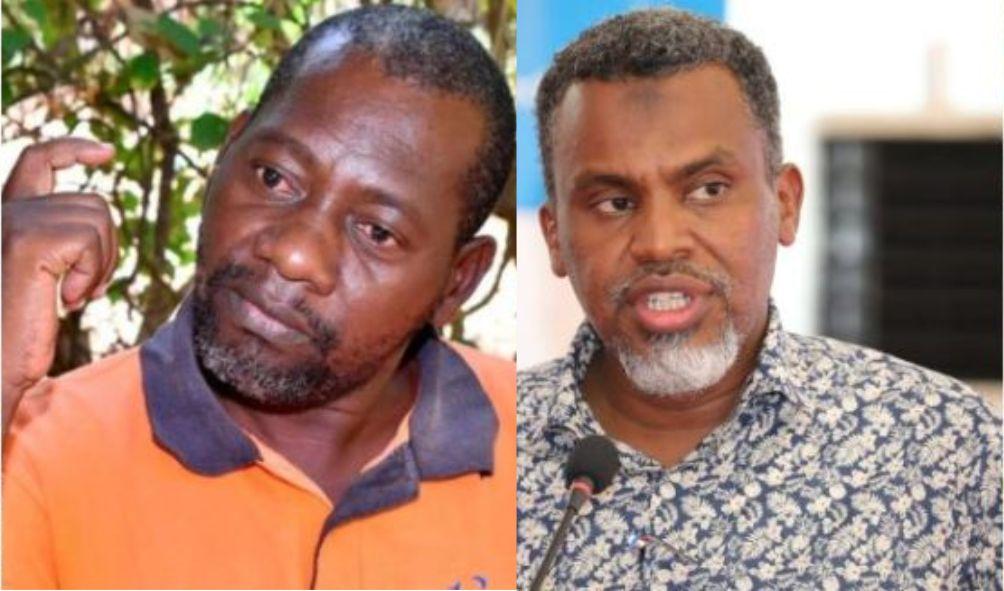Haji Reveals Key Reasons for NIS Intelligence’s Failure to Capture Pastor Paul Mackenzie
Noordin Haji, the departing Director of Public Prosecutions (DPP), revealed the National Intelligence Service’s (NIS) covert operations before the mass deaths reported in Shakahola Forest on Tuesday, May 30.
Haji explained to members of parliament during his screening for the position of Director-General of the National Intelligence Service (NIS) that while agents performed their duties flawlessly, their efforts were fruitless within the judiciary.
The former spymaster stated that NIS agents collected accurate information on cult leader Paul Mackenzie, but that the courts were the weakest link in the chain.
“The NIS did provide specific intelligence that was initially acted upon, and as ODPP, we were able to prosecute some of these individuals, including Paul Mackenzie.
“It is not accurate to say that NIS failed to fulfill its responsibilities. “Those of us in the justice system will need to reconsider how we utilize intelligence,” explained Haji.
He told the MPs that the courts allowed Mackenzie to continue his activities despite NIS warnings that the cult leader posed a threat not only to himself but to society as a whole.
As a result, Haji stated that he would implement a series of measures to ensure that NIS intelligence was not only useful as a preventative measure but also as a treatment for violent extremism.
ALSO READ: Investigation: Pastor Ezekiel’s Church Handkerchiefs and ‘Holy Water’ Seized for Testing
According to Haji, the entire justice system should collaborate to redesign mechanisms that adequately address the security sector’s current challenges.
“On the Shakahola, we would have to undergo a paradigm shift, as we have long viewed extremism through a particular lens.
“Terrorism has traditionally been viewed as a problem caused by Islamic extremism, particularly in Africa. “However, in light of Shakahola, we will need to cast a wider net to capture terrorists, including Christian and Hindu extremists,” Haji stated.
Haji explained that Article 242 of the Kenyan Constitution of 2010 mandates the NIS to collect Security Intelligence and Counter Intelligence, in addition to carrying out other statutory duties.
“We must assist the justice system in transforming intelligence into evidence. Since the available intelligence was not admissible in court. However, it required conversion before it could be utilized as intelligence.
In addition, the departing DPP disclosed that NIS has five departments, including the Directorates of Internal Security, External Security, Counterintelligence, Analysis, and Administration.
“NIS is responsible for protecting Kenya from a wide range of threats, and it provides the government with intelligence that helps to keep the country safe,” Haji explained.
Haji Reveals Key Reasons for NIS Intelligence’s Failure to Capture Pastor Paul Mackenzie
HEY READER. PLEASE SUPPORT THIS SITE BY CLICKING ADS. DON’T FORGET TO HIT THE NOTIFICATION BELL FOR MORE UPDATES AROUND THE GLOBE.
